- Industrial, Commercial, Institutional Electrical Engineers, And Electrical Maintenance Personnel
- Consulting Electrical Engineers
- Project Engineers
- Design Engineers
- Field Technicians
- Electrical Technicians
- Plant Operators
- Plant Engineers
- Electrical Supervisors
- Managers In Charge Of Plant Electrical Infrastructure

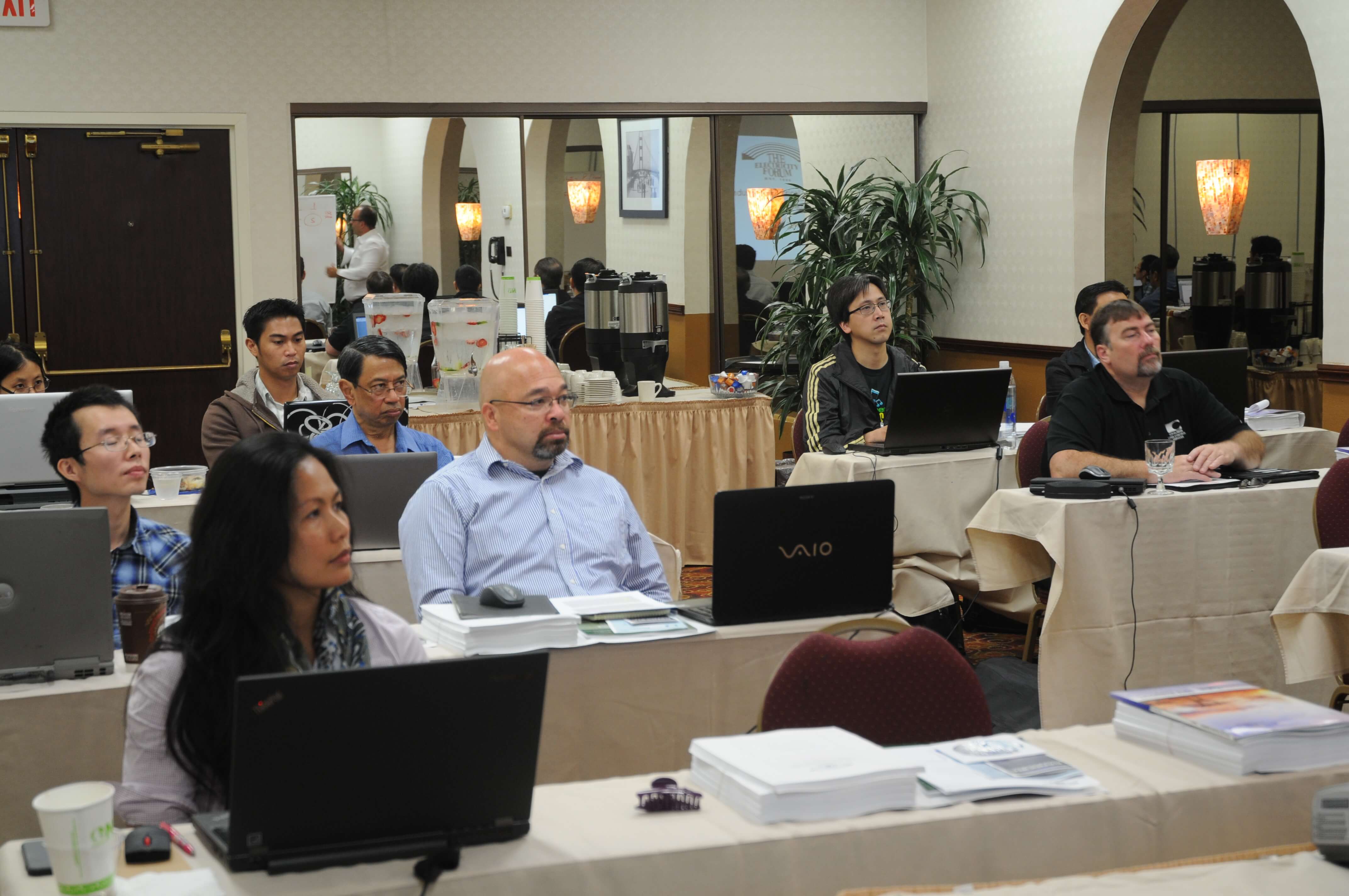
In-person Group Training

Live Online Group Training
Power Quality Considerations for Energy Efficiency Retrofits
This 6-hour live online, instructor-led course will provide an understanding of potential equipment interactions often encountered when making energy efficiency improvements as well as methods to avoid common pitfalls.
Here are some highlights:
- Replacing motor starter with adjustable speed motor drive
- LED/high-efficiency lighting upgrade
This course is applicable to electrical industry professionals serving either industrial, commercial and institutional power systms. For maximum benefit of this course, students should have an understanding of basic electrical principles such as Ohms law, power, electrical metering, motors, and general electrical equipment and systems and a working knowledge of basic algebra.
Related Courses
Power Quality Analysis Training
Power Quality Troubleshooting and Problem Solving
Power Quality and Harmonics Training
Live online course schedule
Sign Up For Our Electrical Training Newsletter – Stay Informed!
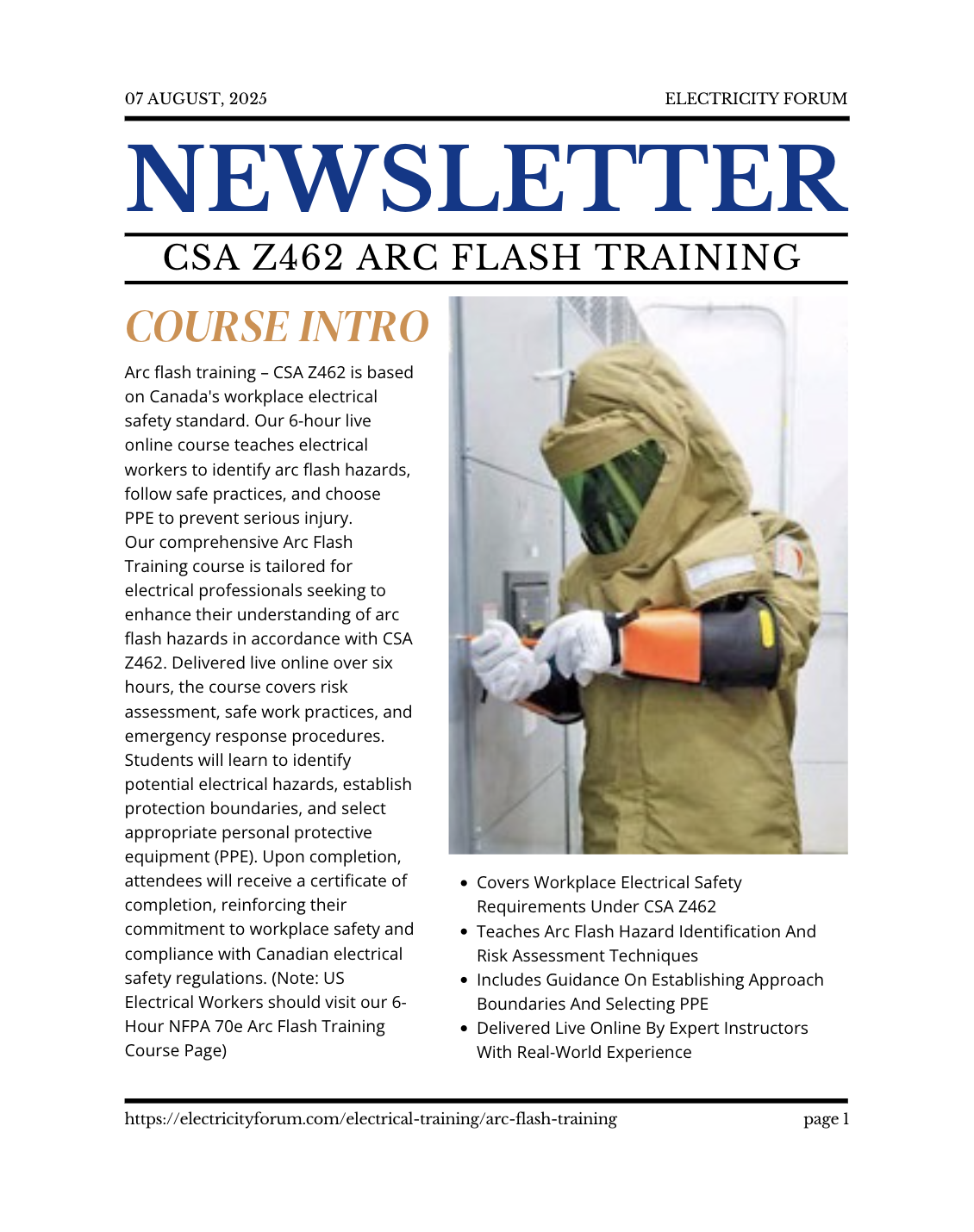
Who should attend
What you will get
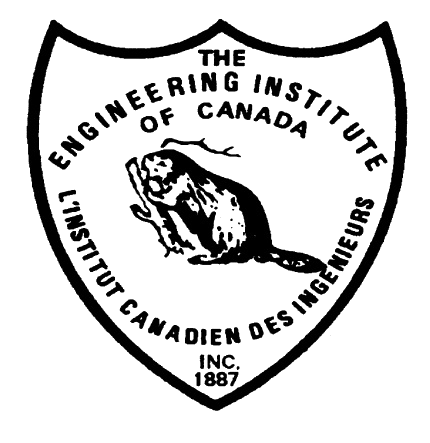
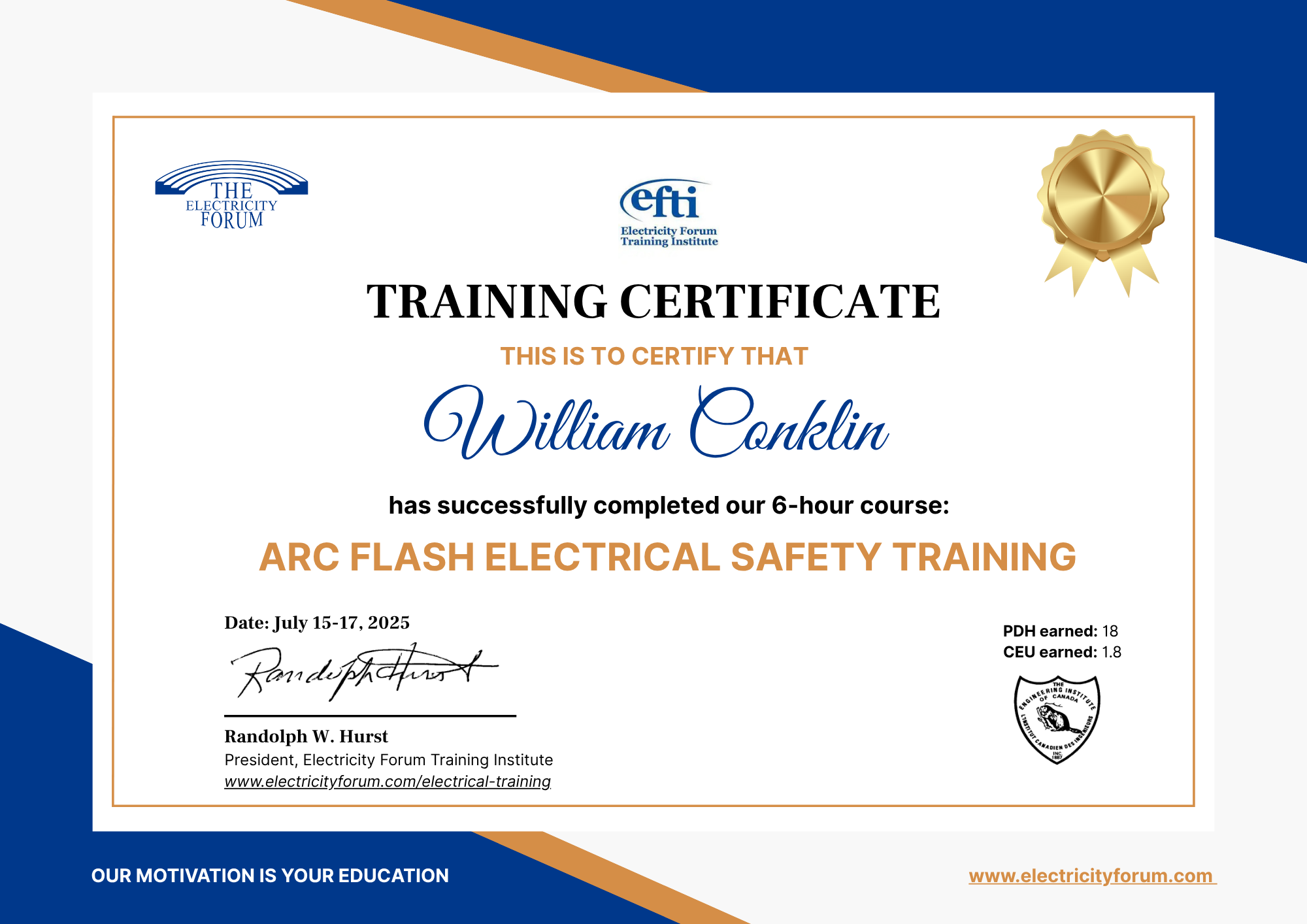
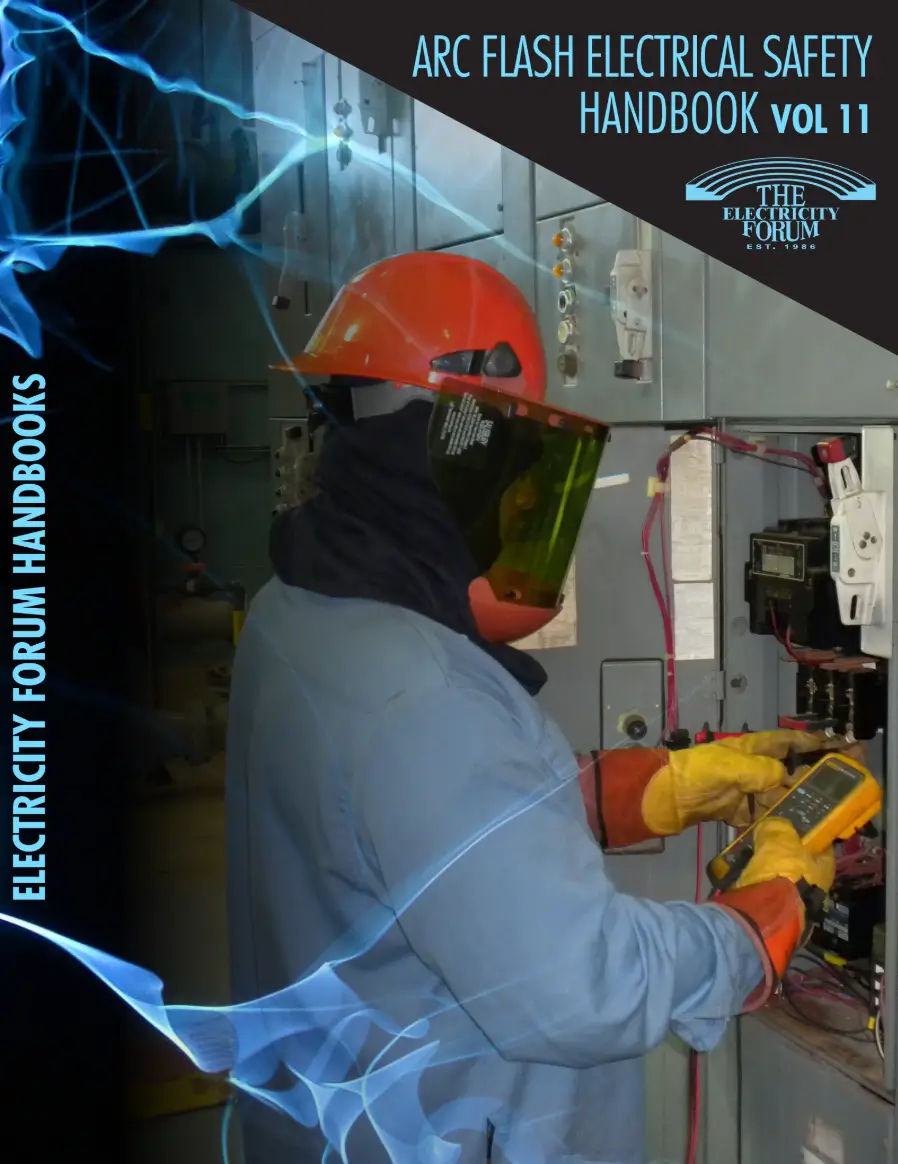


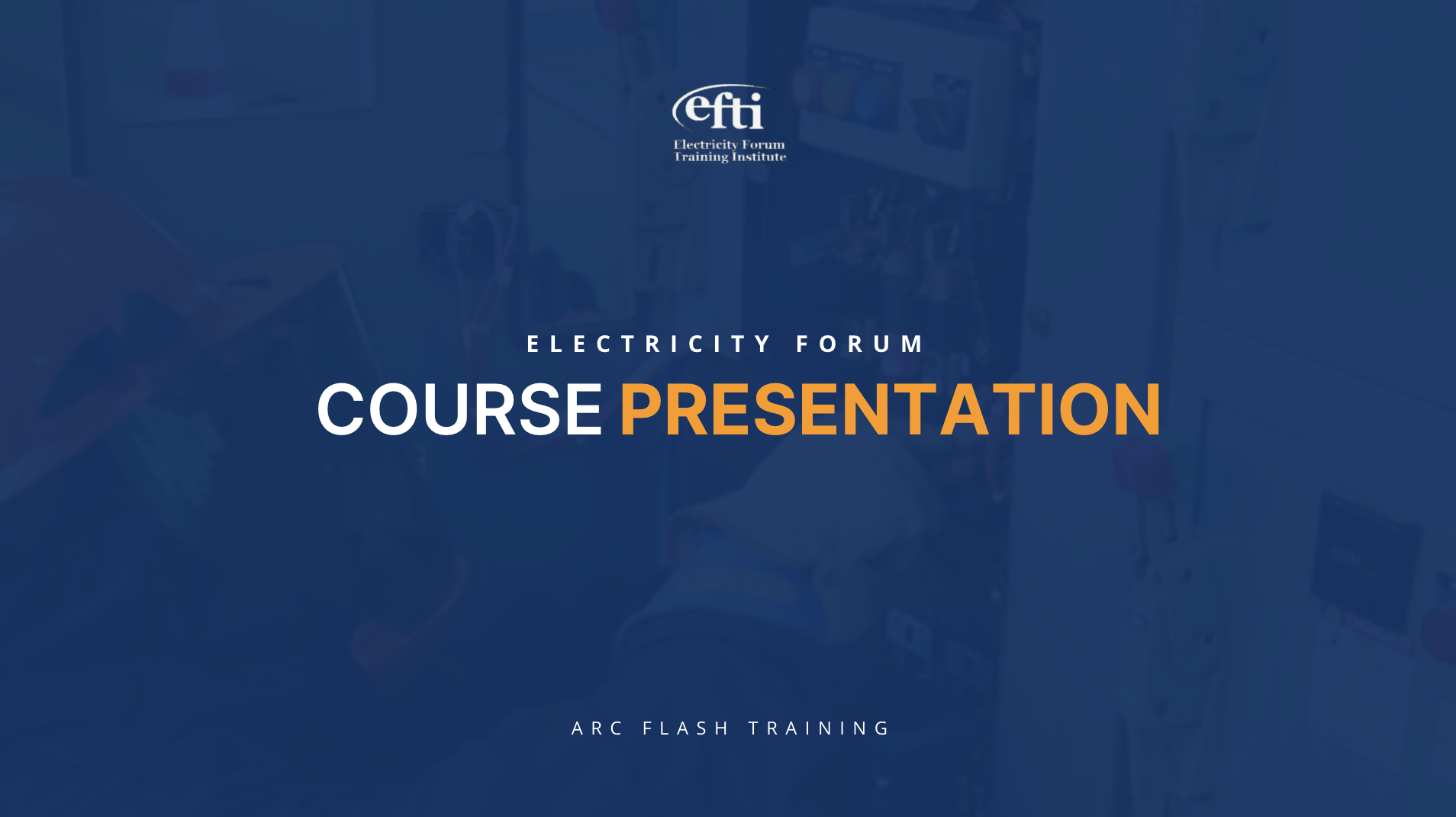
Power Quality Considerations for Energy Efficiency Retrofits - Course Outline
1. Efficient & Effective use of Electricity
- Efficient vs effective use of electricity
- Common energy efficiency improvements
- Preparing for energy efficiency improvements
- Evaluate power factor
- Beware: false energy savers
2. Convert (across-the-line) Motors to VFDs
- Potential benefits of VFDs
- Fan/pump affinity laws = energy savings
- Improved displacement power factor
- Power quality concerns for VFDs
- Harmonic distortion
- Effects on other equipment (ie: Power factor capacitors)
- Harmonic resonance
- Detuned PF capacitors
- Estimation of Power factor capacitor needs
- Estimation of current distortion
3. Example
- (Chiller) Motor starter to VFD retrofit
- Best practices when converting to VFDs
4. Lighting Retrofits
- Typical power quality for LED & CFL
- Harmonic current distortion
- Examples of Lamp waveforms
- Comparison of various 60W equivalent lamps
- LED driver measurements
- Potential Problems
- Harmonic distortion
- Neutral current (3P,4W systems)
- Remedies for improved power quality
Examples
- 267 sconces being converted to CFL
- Factory lighting conversion
- Office building VFD and LED retrofit
- Telephone Data-center (time permitting)
Troubleshooting & Best Practices
COURSE SCHEDULE:
Start: 10 a.m. Eastern Time
Finish: 4:30 p.m. Eastern Time
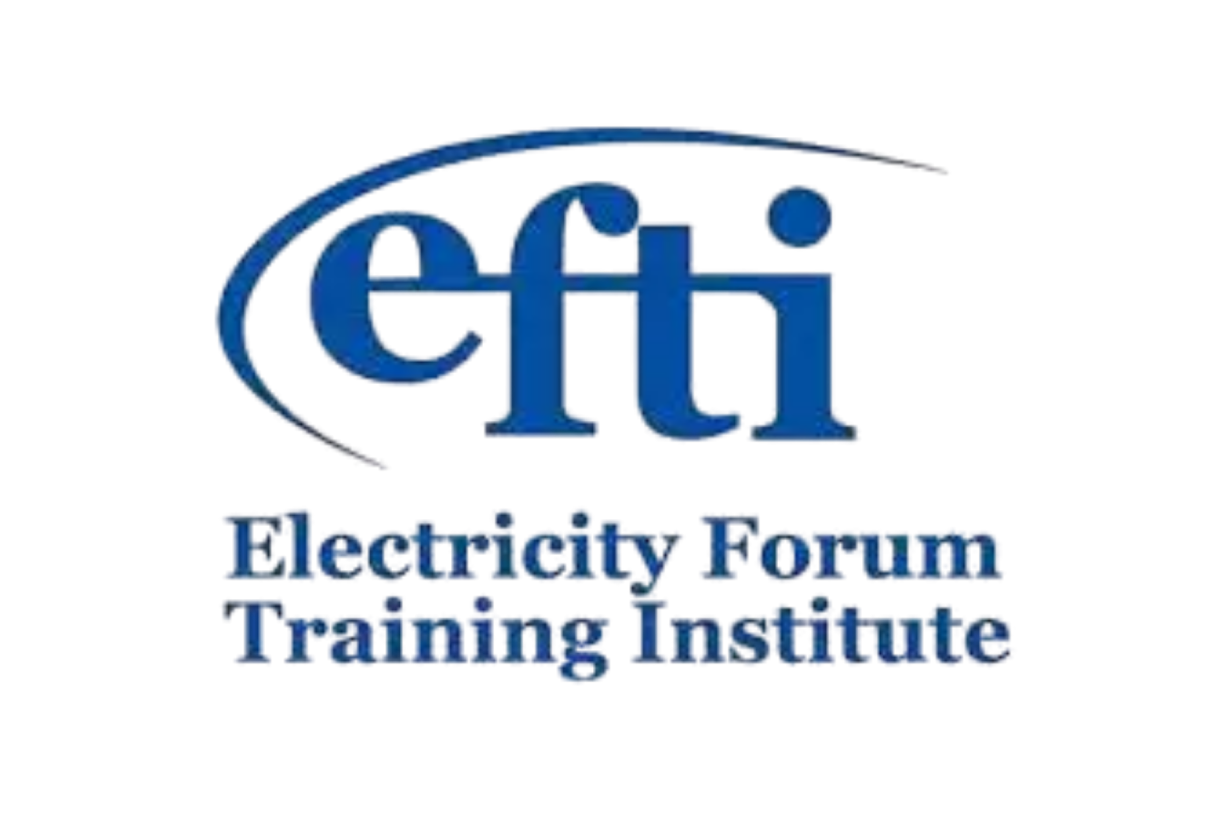
Live online course registration fees & CEU credits
What you will get






Download free discount coupon
Enter Your Information
Fill out the form below with your name and email address.
Receive Your Coupon
Check your email for a message with a link to your $50 discount coupon.
Register for the Course
Use the coupon code when you sign up for the Advanced Electrical Safety Training course to save $50 off the regular price.

Group Offer
Register 3, Get 1 Free
Register 3 delegates at the full price of $249 each and get the 4th registration free! Perfect for companies, safety departments, and teams looking to train multiple employees at once.
Earn Continuing Education Unit (CEU) Credits
- Successful completion of this course qualifies delegates to receive a certificate of course completion with indicated CEUs.
- CEUs are granted by the Engineering Institute of Canada.
- One CEU is equivalent to 10 professional development hours of instruction.
- This course earns 0.6 CEUs.
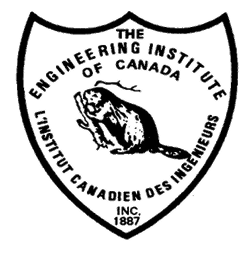
Request a free training quote – Live Online & In-Person Group Training
Whether you choose live online or in-person instruction, our electrical training can be customized to your needs and delivered to your team at one or multiple locations.
Our instructors will work with you to assess your team's skills and tailor the training to match your requirements.
Complete this handy form and I will send you a FREE written Quotation on any electrical training you need! Or send me an email and I will contact you to discuss your electrical training requirements Today!
Get the 2026 Live Online Training Catalog
Explore 50+ live, expert-led electrical training courses – interactive, flexible, CEU-certified.
Download Catalog
Download Course Brochure
Get detailed information about this course in our comprehensive brochure.
Download Brochure (PDF)Download free discount coupon
Enter Your Information
Fill out the form below with your name and email address.
Receive Your Coupon
Check your email for a message with a link to your $50 discount coupon.
Register for the Course
Use the coupon code when you sign up for the Advanced Electrical Safety Training course to save $50 off the regular price.

Group Offer
Register 3, Get 1 Free
Register 3 delegates at the full price of $249 each and get the 4th registration free! Perfect for companies, safety departments, and teams looking to train multiple employees at once.



